A few weeks ago, I visited Casa Mila, also known as La Pedrera in Barcelona Spain, which in 1984 was declared a World Heritage site by UNESCO. It was the last civil work designed by renowned architect Antoni Gaudi, who was the best-known practitioner of Catalan Modernism. When visiting La Pedrera, I walked onto the stepped roof called “the garden of warriors”; called so because of the chimneys which appear to protect the sky lights, and discovered to my disappointment that due to the size of the crowd and the presence of a fence, I wouldn’t be able to photograph the entire architecture of the roof in a single shot.
As seen above; the people, the fence and the buildings behind ruin the organic and looping arches of Gaudi’s beautiful architecture piece. While I realized that photographing Gaudi’s work in its full content will be impossible, I decided to start separating the intricate and exclusive aspects of his work in such a manner that one would appreciate the separate pieces, just as much as the whole.
The first photo I took was from a low angle and I tried to position the structure in the top left part of the image following the rule of thirds and it was great that the curved lines of the structure lead one’s eyes directly to the top.
For my second image, I noticed this chimney which was facing in the direction of the sun. I had to zoom in at 50mm and have my hand covering the top part of my lens to minimize any lens flare, since I didn’t have a lens hood that day. I really loved the intricate mosaic and the perfect spirals around the structure. It reminded me about the Fibonacci spiral and the picture of the bicycle riding man by Henry Cartier-Bresson. I later found out that the reason why it is twisted is so that the smoke would come out better.
My favorite photograph is one that I took of the ventilation shaft. It is quite simple in composition and it reminded me of “The Scream” by Edward Munch, because the top holes looked like eyes and the bottom one like the mouth.
In conclusion, it is quite hard to photograph places that are renowned for their architecture without having people in your frame or any other distractions such as a modern fence. However, my own takeaway was that if you can’t be the first one to arrive at the desired photographic location, then concentrating on the details is just as important and can be just as creative and satisfying.
This guest post was contributed by Marc Belciug. You can check out more of his work on his website.
The post How I Learned to Separate Details appeared first on Photography Life.
from Photography Life https://photographylife.com/how-i-learned-to-separate-details
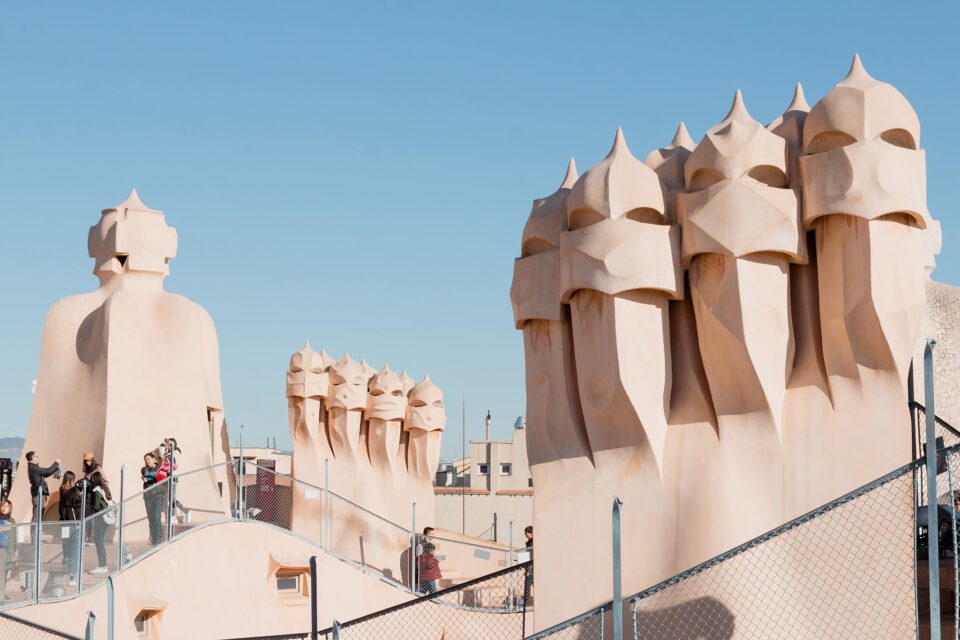
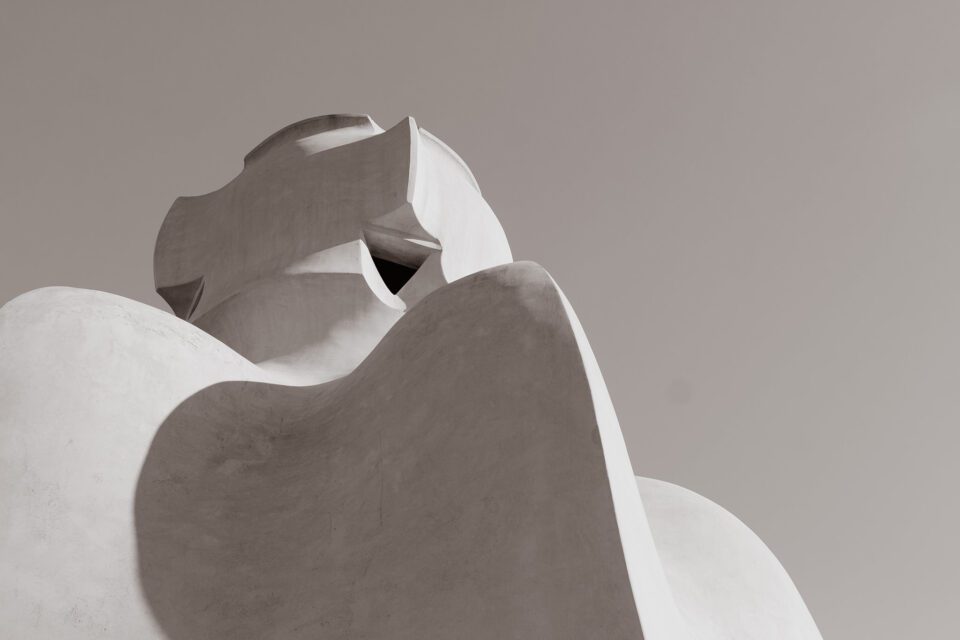
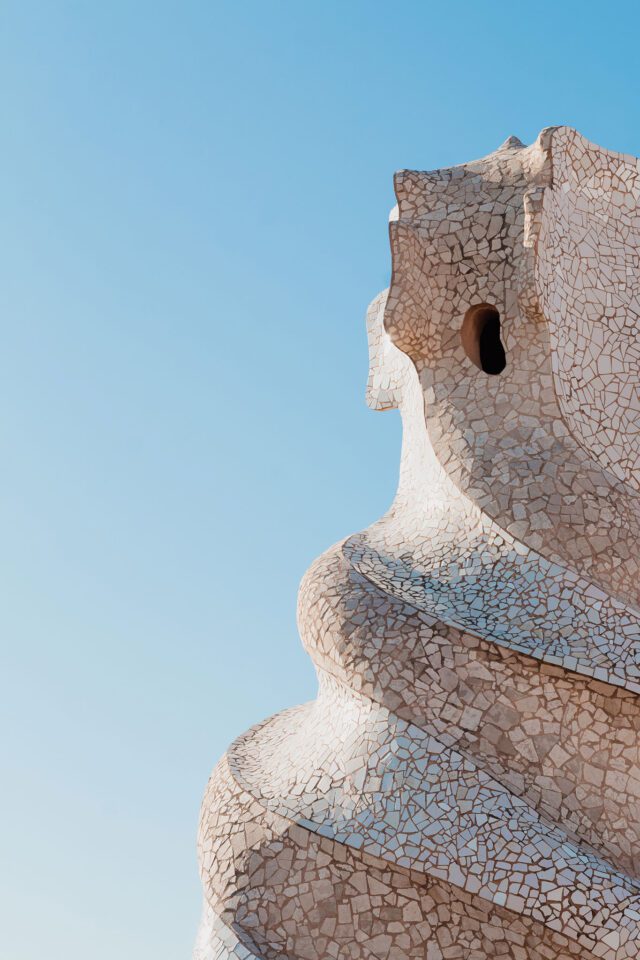
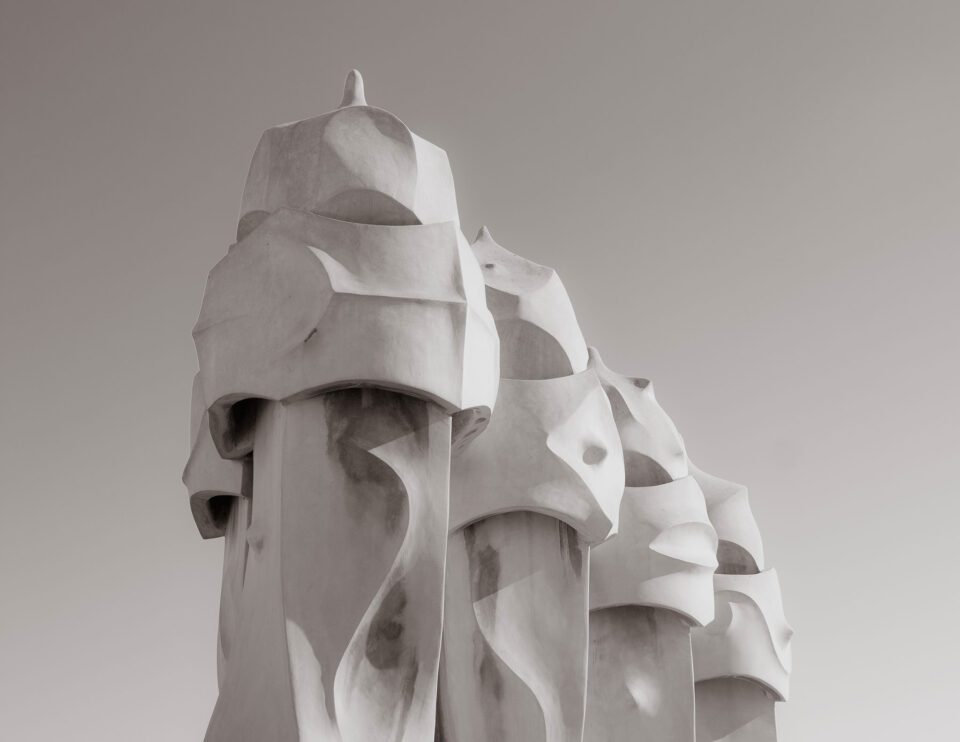
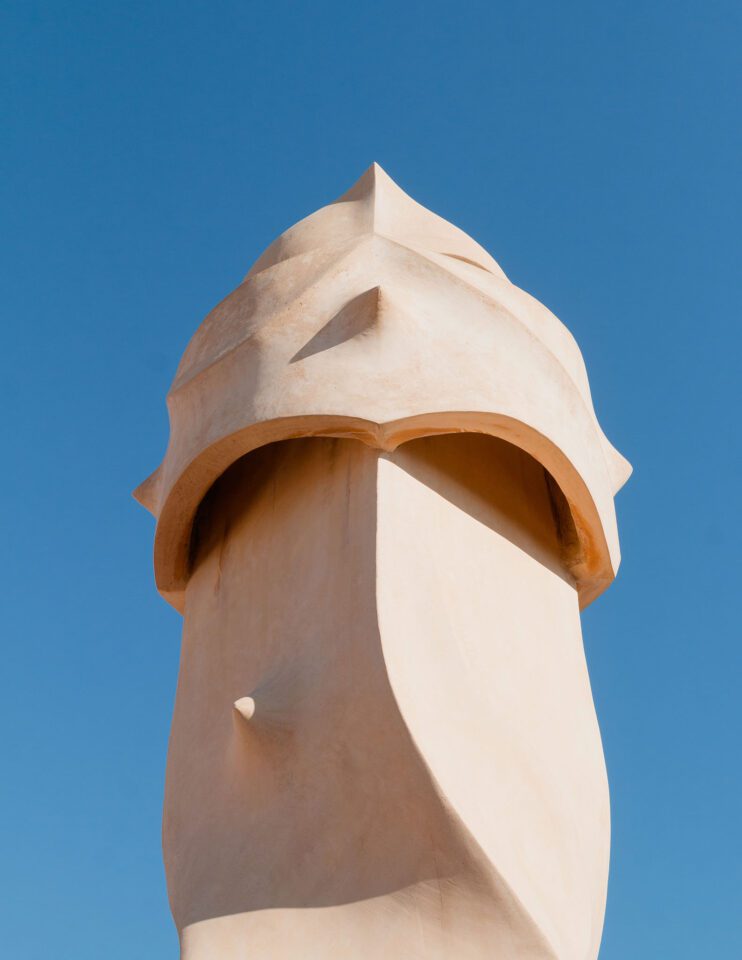
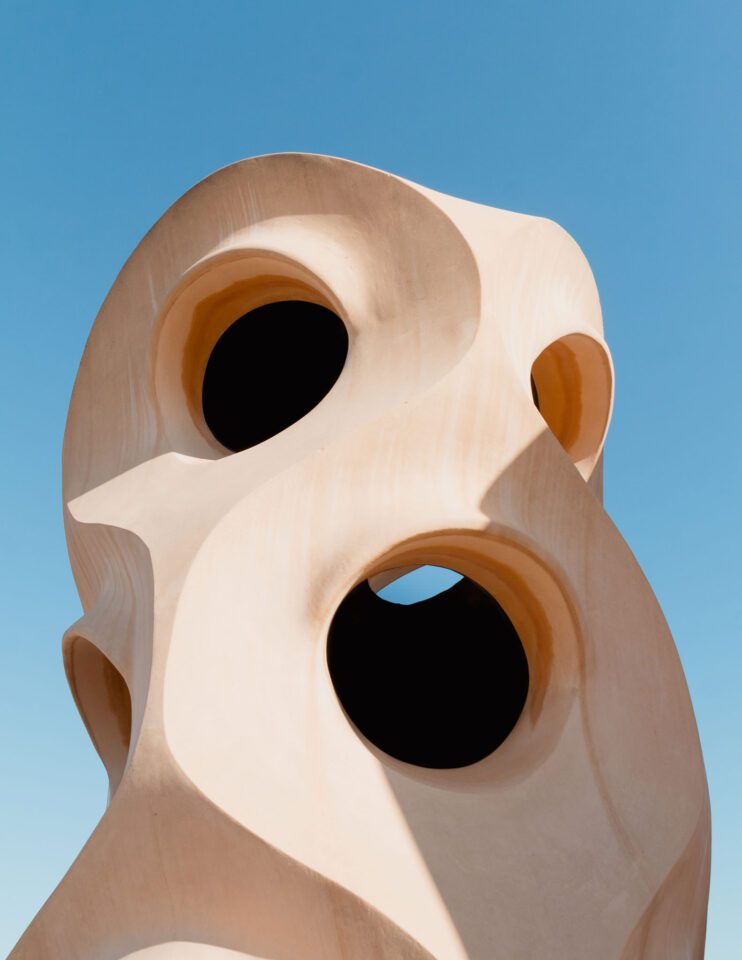
No comments:
Post a Comment